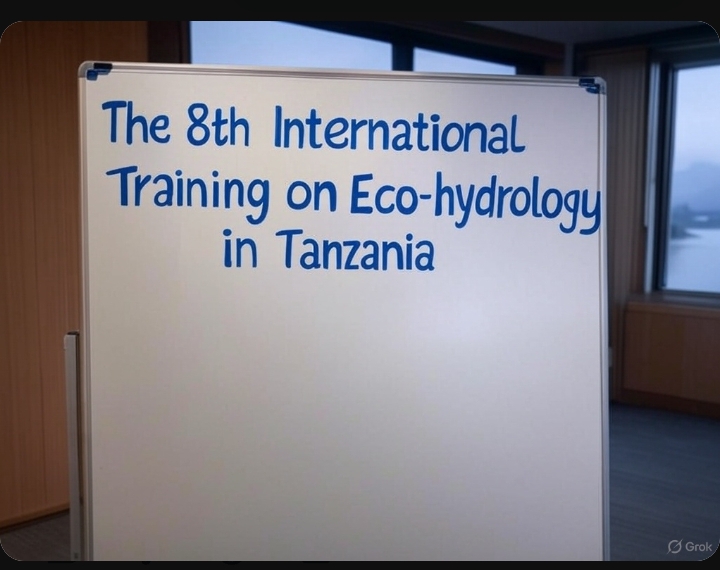Day 6 of the UN COP28 climate summit in Dubai was marked by a concentrated focus on the critical theme of Energy. At the forefront of discussions was the pivotal question concerning the future trajectory of fossil fuels: Should there be a phased-out approach, a phased-down strategy, or perhaps no change at all? This pivotal inquiry, encapsulated in the 24-page draft Global Stock-take agreement unveiled on Day 6, outlined all three possibilities, underscoring the complexity of the decision-making process. The resolution to this question, central to COP28, is anticipated to unfold only on the summit’s concluding day.
The draft agreement notably emphasizes the imperative of enhancing carbon capture and storage (CCS) and advancing “low-carbon” hydrogen production throughout the current decade. Widely perceived as a comprehensive document laying a solid foundation for future actions, its adoption ultimately hinges on achieving consensus among the participating nations.
A noteworthy aspect of Day 6 was the substantial presence of the oil and gas industry, with approximately 2400 delegates contributing to the summit. While this represents just over 2% of the total participants, it sparked controversy, leading to headlines such as “COP28 Talks Flooded by Fossil Lobbyists.” Amidst these debates, the day featured high-profile events, including commitments from over 50 oil and gas companies to achieve “near-zero” upstream methane emissions and zero routine flaring by 2030. Additionally, they pledged to attain net-zero emissions from their operations by 2050.
Amid the urgency to curb emissions, the Global Carbon Project released a report projecting a 1.1% increase in global CO2 emissions from fossil fuel combustion compared to 2022. This underscored the critical need for decisive action.
Several initiatives and pledges marked the day, with a significant focus on decarbonization efforts. The Industrial Transition Accelerator (ITA) roundtable brought together senior representatives from high-emission industries, emphasizing a cross-sectoral approach to drive energy system decarbonization.
In a historic move, 60 countries signed the Global Cooling Pledge, committing to improve energy efficiency, reduce emissions, and enhance access to sustainable cooling. Recognizing the escalating energy demand for cooling, this commitment aims to address the potential tripling of demand by 2050.




